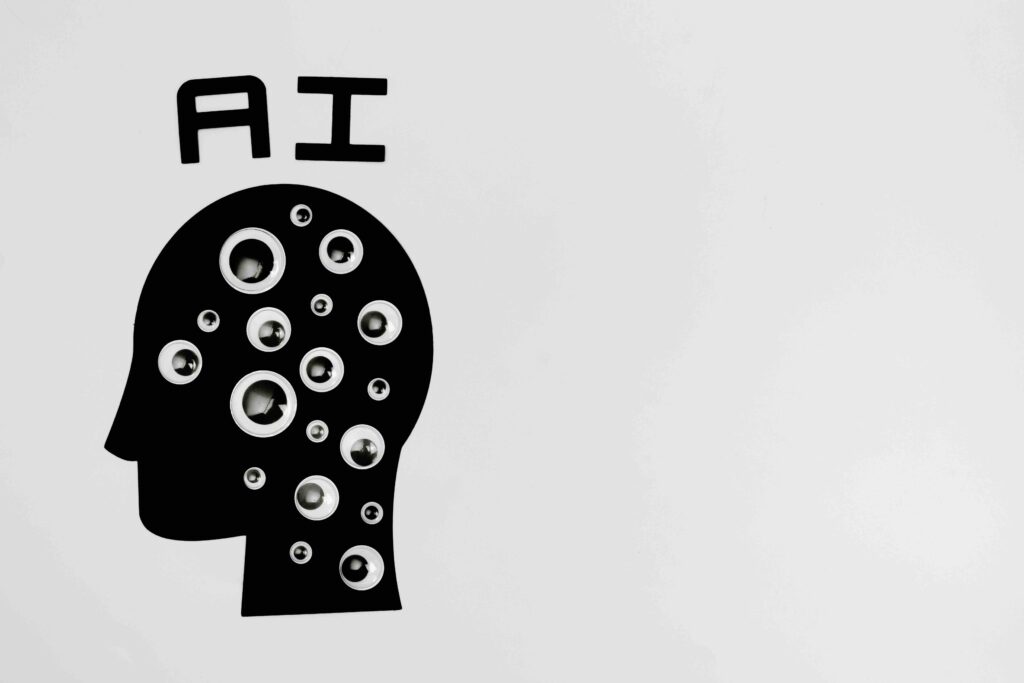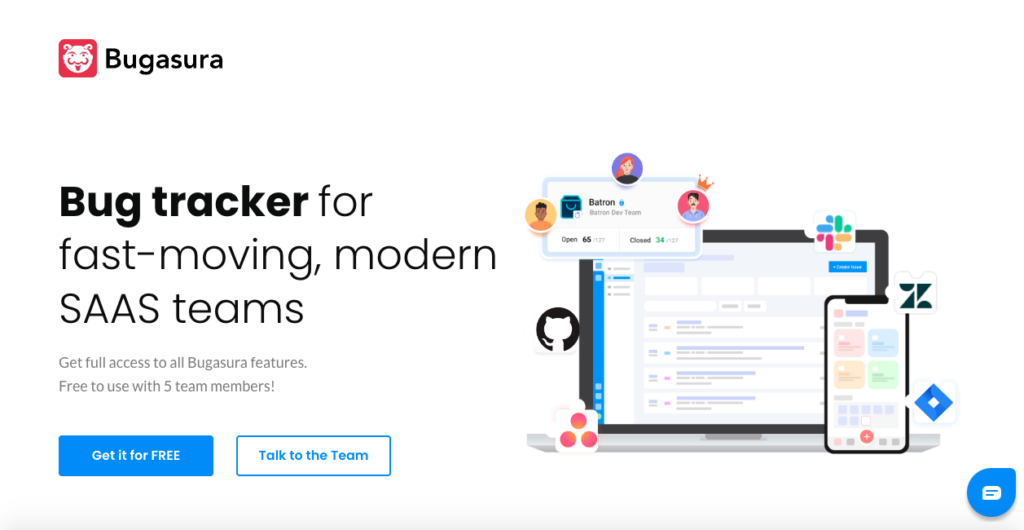Remarkably, we can see the impact of AI everywhere; only a few things have stayed the same since the emergence of AI. Artificial intelligence is ubiquitous, and its influence can be seen in practically every industry, from self-driving cars to robots that greet hotel visitors. Very recently, McDonald’s opened its first restaurant with no human employees in Fort Worth, Texas. Software developers are at the forefront of every new technology. AI has impacted software developers more than any other industry, more positively than negatively, however.
Some of the impacts of AI on software development will be briefly addressed in this article.

1. AI has changed software developers’ roles.
AI is evolving software developers’ roles. Artificial Intelligence is changing how developers work by automating routine and redundant tasks freeing them to focus on more complicated tasks such as coding. AI tools will help developers in practically every aspect of software development, including making strategies, designing, Quality Assurance and testing, debugging, deploying, etc. Implementing AI in software development will result in a paradigm shift in the role of developers.
2. Impact of AI on QA and Testing Automation
Testing and Quality Assurance are time-consuming, requiring much effort from software developers. AI has reduced the time for testing and made it much easier for developers to test their code and develop a bug-free high-quality release. With Artificial Intelligence, developers can analyze large datasets, specify trends and patterns, and identify bugs and errors faster and more accurately than manual testing. Several tools help with Testing and Quality Assurance—for example, Testim.io, Functionize, Test.ai, and Applitools.

3. Bugs and Error tracking
Nobody is perfect when it comes to coding. Even seasoned coders make mistakes and introduce bugs into their code. It is impossible to write bug-free code, but it is equally difficult to detect and remedy bugs. It can take longer to catch errors and issues than it does to write the code, and often fixing one error causes another, making our job much more difficult. However, AI has made developers’ work much more manageable. Now using several artificial intelligence tools, they can easily detect and fix errors in their code with minimum effort and time. For example, Bugasura, is “an intelligent and fast bug tracker built for modern technology teams to help report, track, and close bugs faster”.

4. Impact of AI on Accurate Planning and Estimation
Planning and estimation are a massive part of software development. With accurate planning and estimation, a software project can be successful. Software developers require precise plans and estimations to understand the cost of the project and the effort needed to complete the project. Software development companies struggled for years to develop the best and most accurate plan for their software project to avoid loss. AI can anticipate the outcome and cost of a project based on data from past projects. Software project requirements change frequently. However, we can see real-time results when new requirements are applied using AI planning tools.
5. Improved Code Quality
In general, AI improves the quality of the code. We have already discussed how AI assists developers in QA and testing, planning and estimation, and detecting and fixing bugs. Apart from the scenarios discussed in this article, there are numerous other ways in which artificial intelligence assists in improving code quality. It can produce code automatically, provide suggestions for code enhancements, increase data security, and do other things.
Conclusion
As we have seen in this article, AI has several positive impacts on software development. To create high-quality software, developers must leverage artificial intelligence. Software engineers who understand how to leverage AI to their advantage will never fear losing their jobs to AI but will embrace AI to improve their position and create better software.
Please comment your thoughts on this article down below in the comment section.
